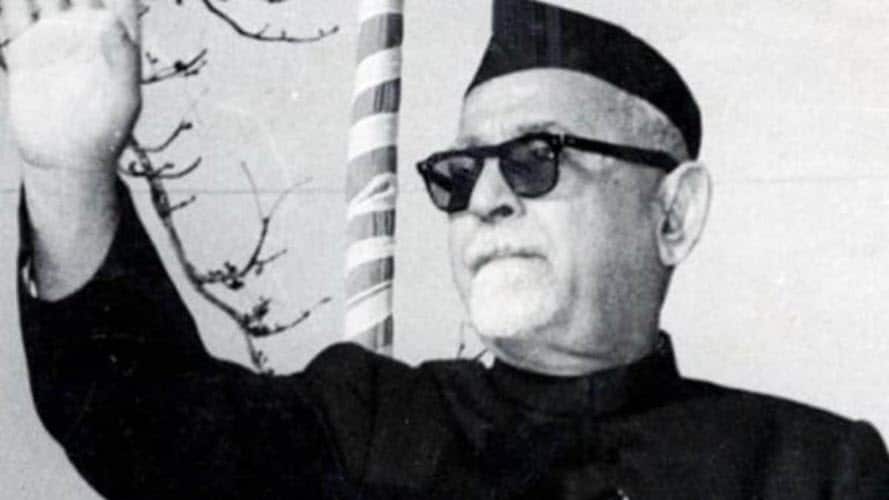Dr. Zakir Hussain: Scholar, Statesman, and Visionary Leader

Dr. Zakir Hussain (8 February 1897 – 3 May 1969) as an Indian educationist and politician who served as the third president of India from 13 May 1967 until his death on 3 May 1969.
Life and Career
He was born on February 8, 1897, in Hyderabad, India, into a family with a tradition of education and scholarly pursuits. He received his early education in India and later studied at the University of Berlin in Germany.
Dr. Zakir Hussain made notable contributions to education and academia. He served as the Vice Chancellor of Aligarh Muslim University (AMU) and played a crucial role in its development and growth. He believed in the importance of education for social and economic progress.
He was a strong advocate for communal harmony and played a vital role in bridging the gap between different communities in India. He was a prominent member of various educational and cultural institutions, both in India and internationally.
Dr. Zakir Hussain’s political career saw him holding several important positions. He was associated with the Indian National Congress and was a member of the Rajya Sabha (the upper house of India’s Parliament). He also served as the Governor of Bihar and later as the Vice President of India.
Tragically, Dr. Zakir Hussain passed away on May 3, 1969, while still serving as the Vice President of India. His death was a significant loss to the nation, as he was widely respected for his contributions to education and his efforts to promote unity and understanding among India’s diverse communities.
Award and Legacy
Dr. Zakir Hussain received numerous honors and awards for his exceptional contributions. In 1963, he was conferred with the Padma Vibhushan, India’s second-highest civilian award, for his distinguished services in various fields.
Husain served as Governor of Bihar from 1957 to 1962 and was elected the Vice President of India in 1962. The following year, he was conferred the Bharat Ratna.
Dr. Zakir Hussain’s legacy is primarily centered around his profound impact on education and his efforts to promote communal harmony and national integration. His commitment to secularism, pluralism, and social justice made him a symbol of unity in a diverse and multicultural India.
His vision for education emphasized the development of a strong and enlightened citizenry, which he believed was essential for the progress of the nation. His work at Aligarh Muslim University and his advocacy for education at all levels left an enduring mark on India’s educational landscape.
Furthermore, his emphasis on interfaith dialogue and understanding contributed to fostering a sense of unity among different religious and cultural communities. Dr. Zakir Hussain’s life and work continue to inspire generations of Indians, especially those dedicated to the pursuit of knowledge, social harmony, and the betterment of society.
Observer Voice is the one stop site for National, International news, Sports, Editor’s Choice, Art/culture contents, Quotes and much more. We also cover historical contents. Historical contents includes World History, Indian History, and what happened today. The website also covers Entertainment across the India and World.

